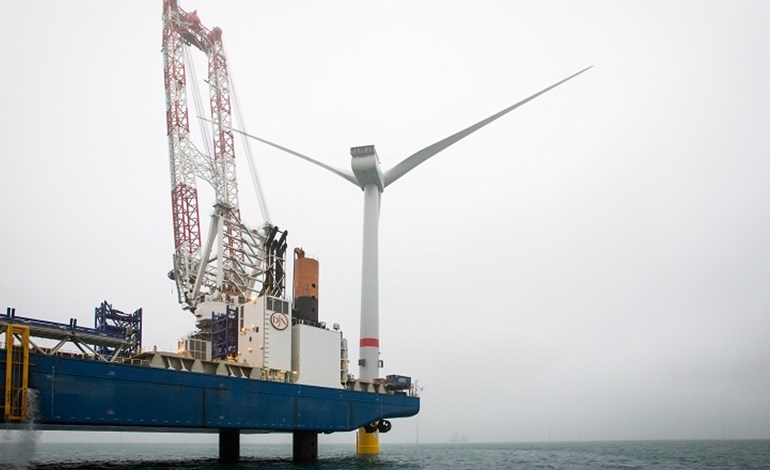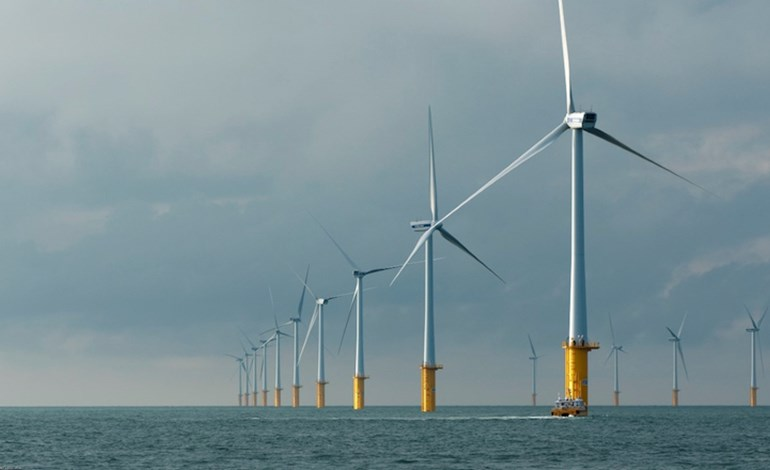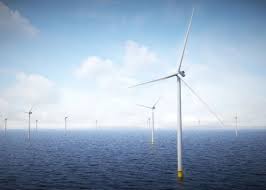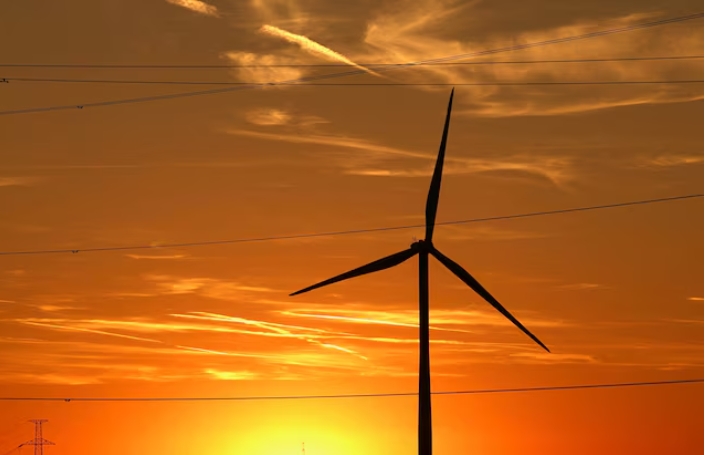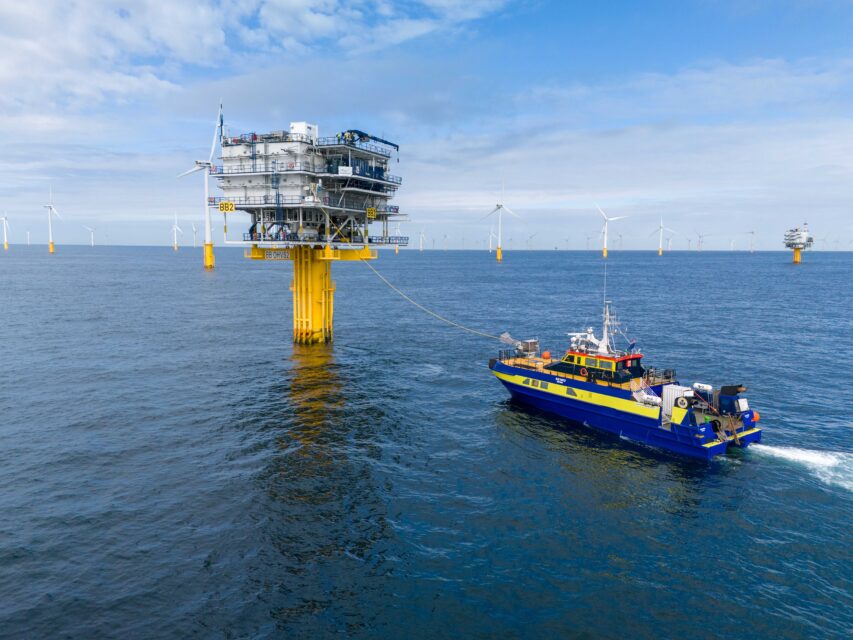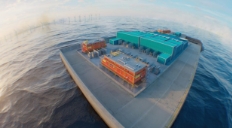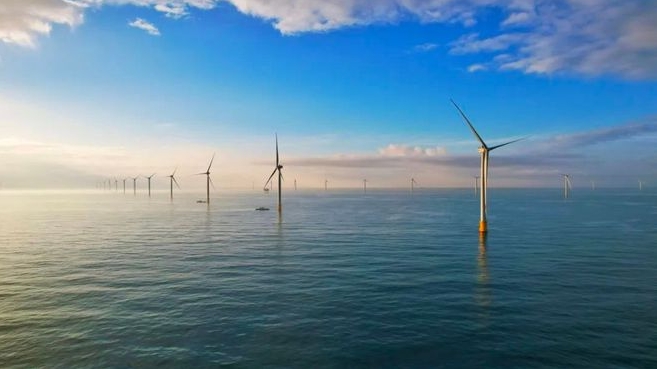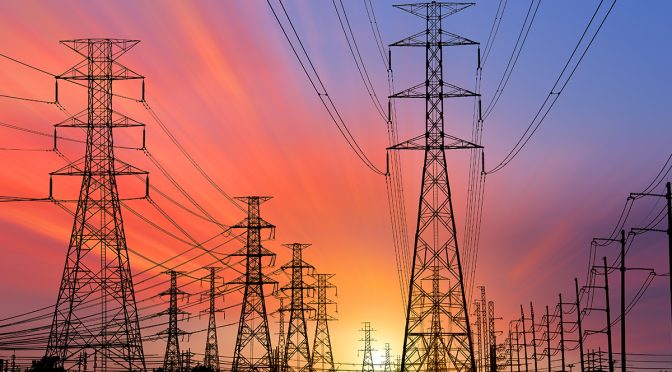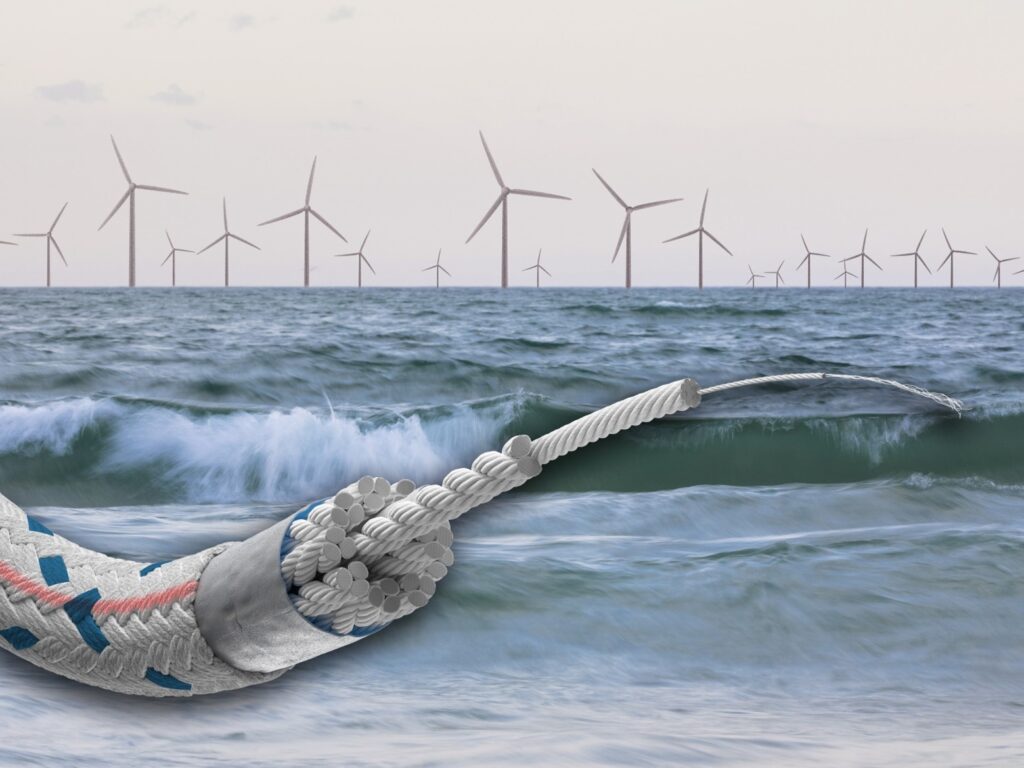
Image source: Bekaert
The TAILWIND project, funded by the EU’s Horizon programme, will develop innovative mooring lines and anchoring systems with sustainability in the centre. New recyclable synthetic materials will be used to develop mooring lines that have no negative impact on the marine ecosystem, according to information about the project shared earlier this year.
TAILWIND also targets a significant reduction of the levelised cost of electricity (LCOE) produced by floating wind farms through the higher cost-efficiency of the new mooring and anchoring solutions, avoiding bottlenecks and major dependency on the supply chain, the project consortium said in February.
The project consortium comprises NGI – Norwegian Geotechnical Institute (Norway), Technische Universiteit Delft (Netherlands), Danmarks Tekniske Universitet (Denmark), SINTEF Ocean AS (Norway), Fundación Tecnalia Research & Innovation (Spain), Nautilus Floating Solutions (Spain), Bekaert (Belgium), Subsea 7 Norway AS (Norway), Fondazione ICONS (Italy), Clarke Modet Y Compania S.L. (Spain), NKT Cables Group A/S (Denmark), University of Southampton (UK).
Bekaert says that the company was invited to join the TAILWIND consortium for its experience in offshore mooring systems.
“I am very pleased that Bekaert is involved in the TAILWIND project that will further enable the growth of floating offshore wind which plays an important role in accelerating the generation of clean, sustainable energy,” said Christof Dewijngaert, General Manager Synthetics at Bekaert. “With our track record in mooring systems for offshore oil and gas, we are committed to contributing to enabling the scale-up of more optimal station-keeping concepts and systems for floating offshore wind.”
